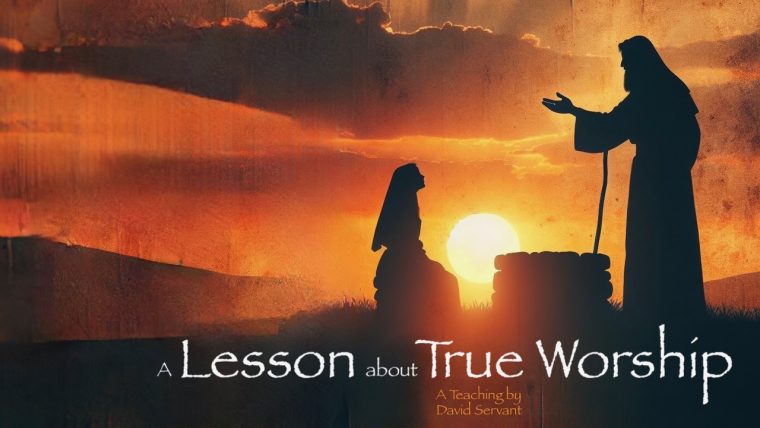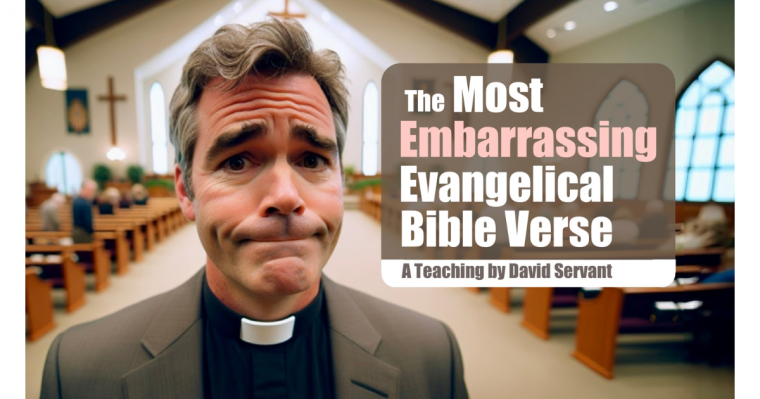
When the Twelve returned from purchasing food in the town of Sychar, in Samaria, they were “amazed” to find Jesus talking with a woman (John 4:27). Apparently, such a thing was culturally inappropriate. That, however, didn’t stop Jesus. More specifically, it didn’t stop His amazing grace, because He offered a “gift of God”—which He called “living water”—to a woman who had likely been divorced and remarried five times and who was currently living with her boyfriend (John 4:10). That’s grace. But was Jesus’ gracious gift “unconditional?” Could she receive His gift without changing her behavior? Was Jesus offering her a license to continue in fornication?









